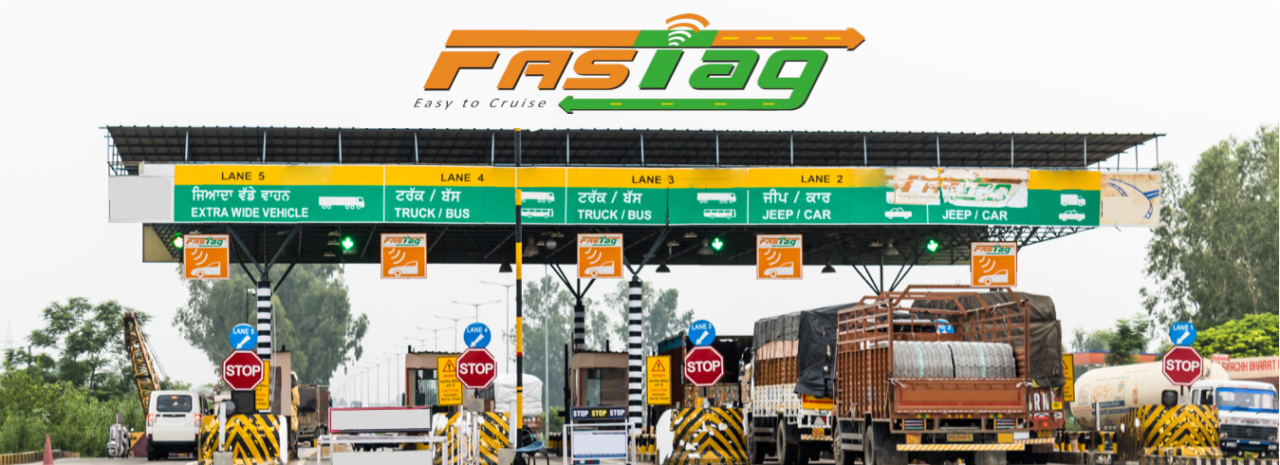In a significant move, the Reserve Bank of India (RBI) has imposed restrictions on Paytm Payments Bank Limited, affecting several key services including the Paytm FASTag, effective from February 29, 2024. This development comes as part of the RBI’s strict measures citing non-compliance and material supervisory concerns with the bank.
Key Highlights:
- The RBI’s directive bars Paytm Payments Bank from accepting further deposits, credit transactions, or top-ups in customer accounts, prepaid instruments, wallets, FASTags, and NCMC cards after February 29, 2024.
- Paytm’s parent company, One97 Communications Limited, assures that existing balances in savings accounts, wallets, FASTags, and NCMC accounts will not be impacted and can continue to be used.
- The future of Paytm FASTags beyond the recharge limitations remains uncertain as the company explores partnerships with other banks to mitigate service disruptions.
- The company anticipates a “worst-case impact” of Rs. 300 to 500 crores on its annual EBITDA due to the RBI’s actions.

The RBI’s directive specifically targets the ability to recharge or top up Paytm FASTags through the Paytm Wallet, which will no longer be possible after the February deadline. However, Paytm has stated that users can still use the existing balances in their PPBL account, Paytm Wallet, or FASTag without any issues. This move has left many users wondering about the continuity of their FASTag services and how they can manage their accounts moving forward.
Despite the restrictions, Paytm has communicated its intentions to collaborate with other banking institutions to ensure the continuity of its payment and financial services, hinting at a strategic pivot to align with external partners for service delivery. This partnership approach may help Paytm to navigate through the imposed restrictions without significant disruption to its customer base.
The repercussions of the RBI’s decision highlight the regulatory challenges faced by digital payment platforms in India. As Paytm navigates these challenges, the company’s efforts to maintain service continuity and comply with regulatory standards will be closely watched by stakeholders and customers alike.
In essence, while the immediate impact of the RBI’s directive on Paytm FASTag users is clear, the long-term implications for Paytm’s business model and its ability to adapt to regulatory requirements and consumer needs will be a critical Paytm FASTag Service Disruption Following RBI’s Directive
This development has sparked concerns among Paytm’s vast user base, which includes over 330 million wallet accounts and 100 million monthly transacting users, about the convenience and functionality of digital payments and toll collection services going forward.
As Paytm navigates these regulatory challenges, the company’s efforts to maintain service quality, ensure regulatory compliance, and protect user interests will be pivotal. The implications of the RBI’s restrictions underscore the importance of adherence to regulatory standards and the dynamic nature of the fintech ecosystem in India.
In a significant move, the Reserve Bank of India (RBI) has imposed restrictions on Paytm Payments Bank Limited, affecting several key services including the Paytm FASTag, effective from February 29, 2024. This development comes as part of the RBI’s strict measures citing non-compliance and material supervisory concerns with the bank.





















Add Comment